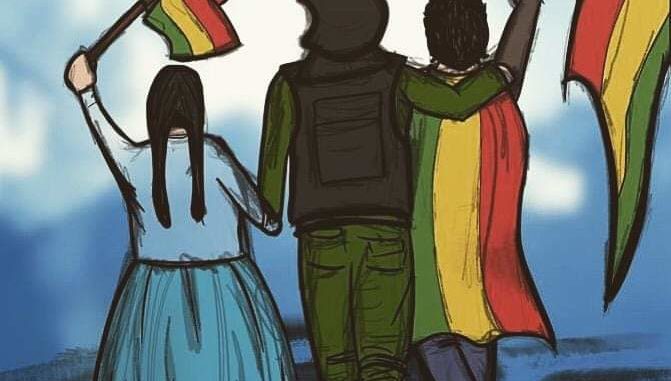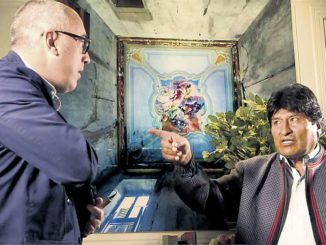
Published in El Pais, November 9th, 2019.
A president must be able to be
the president of the whole country and all the people, even for those who did
not vote for him. This gives legitimacy. A good Dutch friend once told me,
after his favorite candidate lost, “well, it’s not the one I wanted, but
our new prime minister isn’t that bad either,” and this is legitimacy.
What is happening in Bolivia is unfortunate. Perhaps Evo
Morales has most of votes with 46%, but what is this worth if 54% do not want him
at all? In 2016, 51% of the population said they did not want his re-election,
but he still managed to qualify as a candidate, this, added to the doubts of
electoral fraud and with an institution that organized the elections that changes
the rules of the game permanently, makes that the population does not recognize
his reelection. In 2006, many people were hoping that everything would change
with Evo. Economic growth, less poverty, less corruption, more participation,
etc. Much of this was achieved, but corruption and nepotism have reached
cynical levels. Evo Morales complains about the ’empire’ and the oligarchs, but
so far Bolivia is a country where the rules do not apply if you have a lot of
money or have the president’s phone number and this serve even the most forbidden.
When a referendum or the voice of the Bolivian people is ignored, there is more force to shout that it NO means NO. However, Morales just needed to go to Court to ask for “his human right” to be re-elected president and those who disagreed lost their job. Isn’t it strange for a socialist party to ignore society, solidarity and social justice for the benefit of only one person? Repeating for 13 years that only he can lead and improve the country is already dangerous. Why not prepare a new president in his party? Someone who continues his philosophy and desire to work for the country.
Three weeks of paralysis of the country. Meetings to annul the elections show that Evo is not the president of all the people. He does not want to find a quick solution. On the contrary, he ordered the armed forces and police to repress the population with weapons and dynamites; and asked his supporters to enclose the cities using violence until they finished the food, generating more hate and separatism. He did not try to reach a consensus or to reassure opponents. A president must have the ability to dialogue and seek civilized solutions. There are ways to unite a country. In the end, all Bolivians depend on each other. To be legitimate, a president must belong to everyone.



Be the first to comment